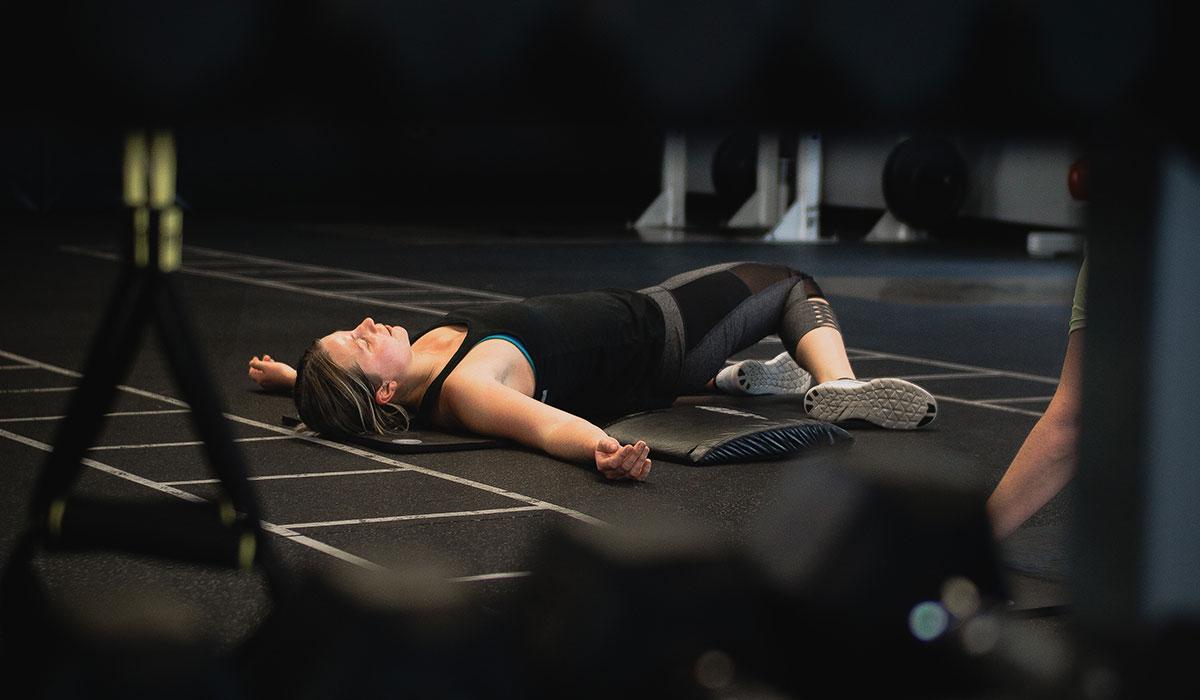If you vow to never rest until you reach your personal health or athletic performance goal, you are overlooking a vital part of training and rehabilitation: recovery. That’s according to Rob Hollander, co-owner of Alpine Physical Therapy in Bend.
While the resolve and dogged determination of many of his clients are admirable, Hollander added, he’s quick to point out that they may be putting their bodies at risk without a good amount of R&R (rest and recovery) on their training and rehabilitation schedules.
“Everyone agrees that being active is a great thing for your mind, body and soul, by pushing yourself every single day, while commendable, isn’t always a good thing,” Hollander said. “Overtraining can lead to a greater level of fatigue, a reduction in your potential to heal and optimally perform, and even injury.”
The reason? When tired and sore muscles haven’t properly recovered, it can cause a chain reaction throughout the body – one that can take a toll on focus, form, mechanics, and ultimately your joints during exercise. It’s a slippery slope through the body’s kinetic chain, Hollander said, one that can be prevented by making rest a part of your exercise and recovery regimens.
“Working out is a process that breaks down our muscles, and we have to give our bodies a chance to repair,” said Hollander. “Our muscles won’t support the body as well if we don’t, which would put us at risk of poor mechanics and a breaking down of the joints.”
Everyone’s different, so there’s no standard formula for the amount of recovery time a person needs. The amount of time one spends working out is one indicator, but for the most part, Hollander suggests listening to your body and keeping an eye out for the following signs that your body’s ready for some rest and recovery:
Exhaustion: Your energy level is low for several days, even after a good night’s sleep.
Persistent Soreness: Your natural soreness has become prolonged and doesn’t go away after three or more days and is making it difficult to work out.
Post-Workout Fatigue: Instead of that energized feeling you typically get immediately a workout, you’re consistently feeling flat and sluggish.
Illnesses: You’re getting sick more often than usual, possibly your body’s way of saying overtraining is affecting the immune system.
Flat Performances: Your overall performance (distances, times, endurance, etc.) are flat, or perhaps even getting worse.
According to Hollander, the physical therapy team at Alpine Physical Therapy can assess exercise and rehabilitation routines to prevent overtraining and the potential for injury.
